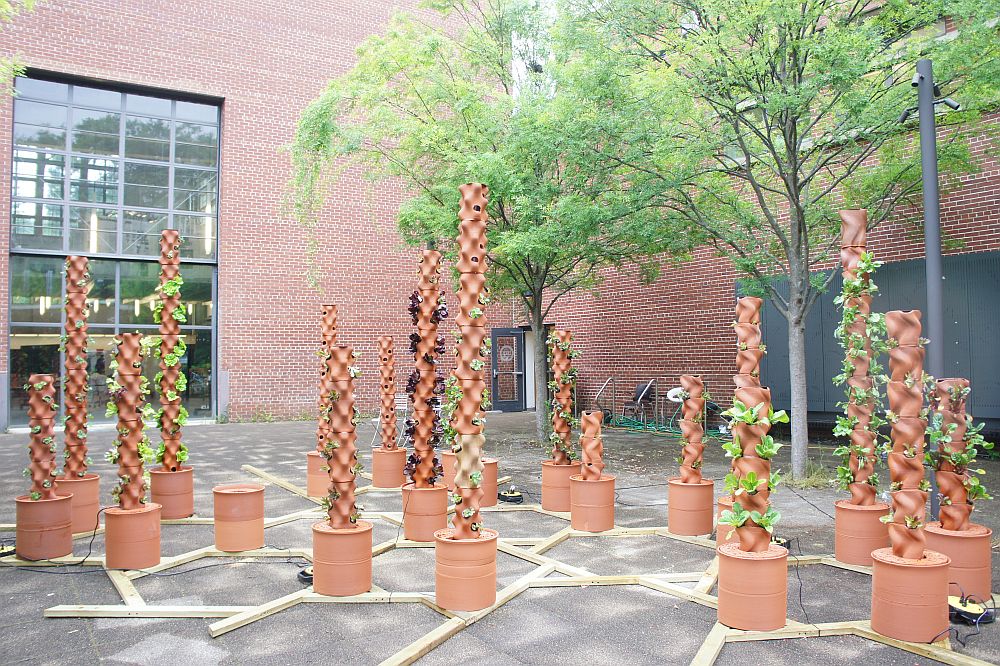St. Edward Parish on the northwest side of Chicago has been a cornerstone of the neighborhood’s faith, social and cultural life since its founding in 1889.
I grew up in a fairly homogeneous Irish-Polish neighborhood of Chicago, and most of my young life revolved around St. Edward Parish. The only foreigners I recall knowing were my friends’ grandmothers and grandfathers. (My own immigrant grandparents lived in a different city.)
Since then I have had the good fortune to know many foreign-born people, and when overseas, I have been the foreign-born person. In professions like ours, international and cross-cultural collaboration is common and even necessary. These collaborations seem to work very well, which is a testament to the ability of the parties involved to be unimpeded by cultural barriers.
The culture in which we are raised forms us and gives us a common framework for relating to society, often in subtle ways. Recent work by cognitive scientist, Rafael Nuñez of the University of California, San Diego, demonstrated this in the context of how time is conceptualized and communicated. A short news item in the April 27 Science issue provides some explanation.
In Western culture, we think of the future as “ahead” and the past as “behind.” Nuñez studied an Andean highlands people known as the Aymara, and found that they think of the future as unseen, and, therefore, it must be “behind,” and they gesture accordingly behind themselves to talk about the future. The past, however, has been seen, and is, therefore, out in “front.”
Later he studied the Yupno people from a remote valley region of Papua New Guinea and found that they think of time topographically, and the future is always represented by an “uphill” gesture and the past by a “downhill” one, regardless of which way the speaker is facing. The Science article says his interpretation is that these “different abstractions of time, including gestures, indicate the importance of the cultural aspects of language evolution.”
Language gives form and scope to the way we think about and conceptualize our world. Nuñez’s findings are a good reminder that we all carry our culture’s formative framework with us and that we may approach concepts from different points of reference.
Author
Eileen De Guire
CTT Categories
- Environment


